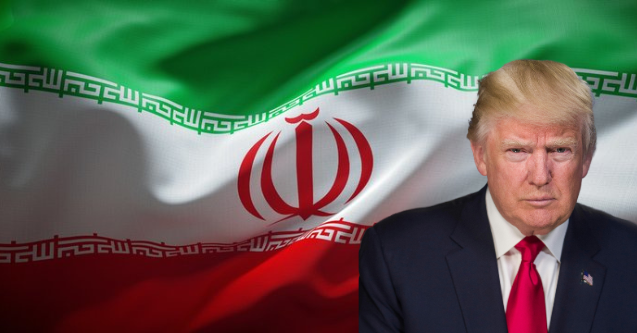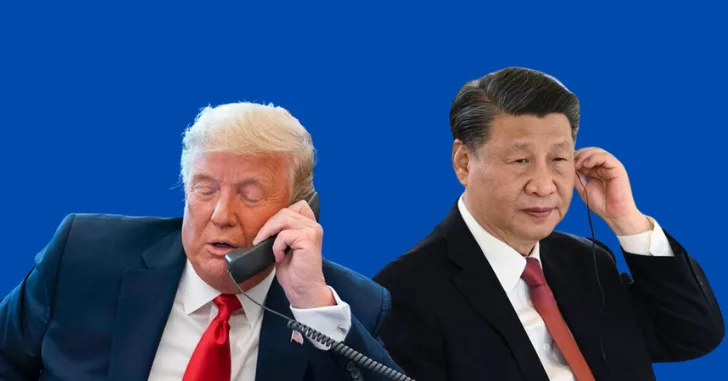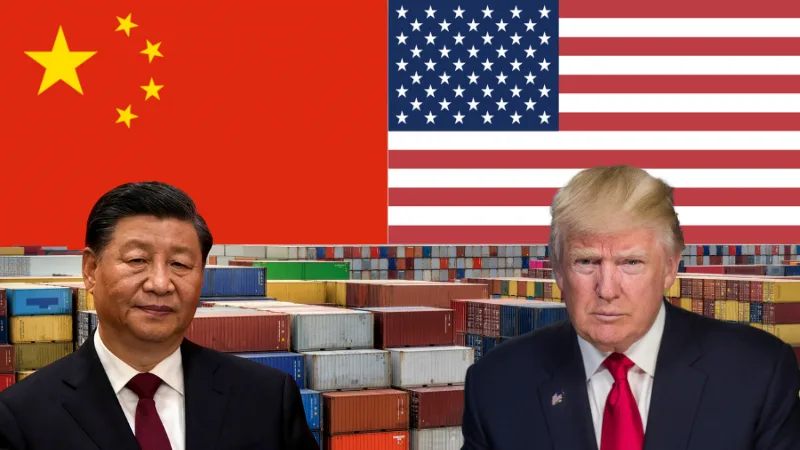Recent reports of assassination threats against former President Donald Trump by Iranian operatives have reignited concerns about heightened tensions between the U.S. and Iran. These threats, allegedly linked to Iran’s desire for revenge after the 2020 killing of General Qasem Soleimani, have raised questions about Trump’s safety, potential geopolitical consequences, and the impact on global markets. In this article, we’ll explore these allegations, the motives behind them, expert opinions, and the potential implications for global stability.
Heightened Threats Post-Soleimani Killing
The 2020 drone strike that killed General Qasem Soleimani, head of Iran’s elite Quds Force, marked a pivotal moment in U.S.-Iran relations. The strike was ordered by Trump, who viewed Soleimani as a threat to U.S. interests in the Middle East. Iran’s leadership responded with vows of revenge, and U.S. intelligence has since uncovered specific threats from Iranian operatives targeting Trump and other officials involved in the strike.
In September 2024, Trump was briefed on these ongoing threats. According to U.S. intelligence, Iran has allegedly escalated its efforts in recent months. Trump himself has acknowledged the danger, stating that while Iran’s attempts have not succeeded, they might “try again” in the future. Investigations are ongoing into potential incidents at Trump’s Florida residence, though no successful assassination attempt has been reported yet. (NBC News)
Iran’s Response
Iranian officials have consistently denied any involvement in assassination plots targeting Trump. They argue that the U.S. government is using these accusations to shift attention away from its own actions in the region, particularly the controversial killing of Soleimani. Tehran has labeled the U.S. accusations as “baseless,” emphasizing its strategy focuses on political and diplomatic retaliation rather than direct attacks. (Reuters)
Expert Opinions on Iran’s Tactics
Many experts believe that while Iran’s desire for revenge is real, a direct assassination attempt on a figure like Donald Trump would be risky and likely provoke a severe U.S. response. Analysts argue that Iran may prefer asymmetrical strategies, such as cyberattacks, proxy warfare, or political maneuvers, to exact its revenge without triggering large-scale military conflict. In the past, Iran has used proxy groups and cyber operations to destabilize its adversaries, and experts suggest that these methods remain the more likely form of retaliation. (Times of India)
U.S. Response
In response to these threats, the U.S. government has heightened security around Trump and other officials involved in the Soleimani operation. Intelligence agencies continue to monitor Iranian activities, particularly those linked to cyber warfare and potential proxy groups. Law enforcement agencies have also charged Iranian operatives in the past, as seen in the 2022 indictment of an individual plotting to assassinate former National Security Advisor John Bolton. (USA Today)
Potential Impact on Global Financial Markets
Geopolitical events like assassination threats against high-profile figures can have significant effects on global financial markets. If these threats escalate or result in an actual attempt, the uncertainty could lead to increased market volatility. Historically, tensions between the U.S. and Iran, particularly in the energy sector, have caused spikes in oil prices. Investors may also flock to safe-haven assets like gold and U.S. Treasury bonds, driving their prices higher. In the short term, the mere presence of these threats could contribute to market jitters, especially amid existing concerns over inflation and global economic growth. (Fox News)
Conclusion
The assassination threats against Donald Trump highlight the continuing tension between the U.S. and Iran in the post-Soleimani era. While no direct attack has materialized, both nations remain on high alert. The situation underscores the complex nature of U.S.-Iran relations and their potential to impact not only geopolitical stability but also global financial markets. As the U.S. continues to monitor Iranian actions and protect its officials, the world watches closely for any developments in this ongoing saga.





